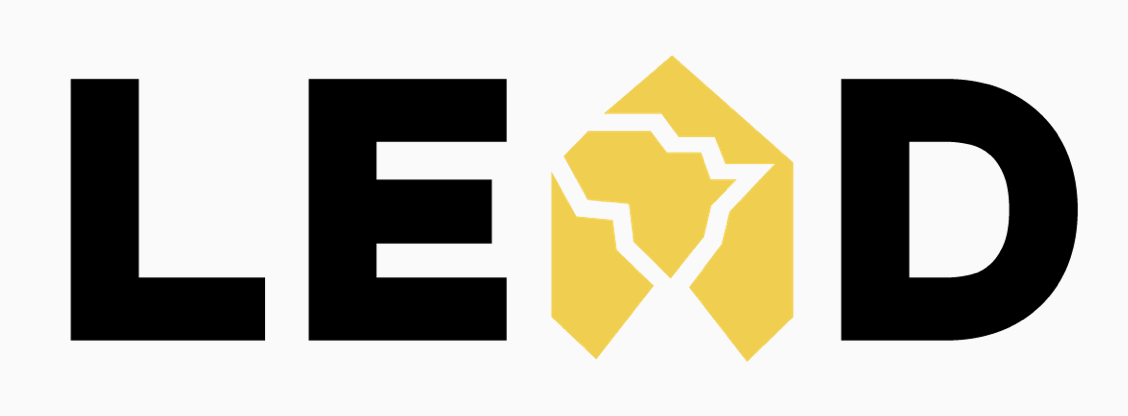We are deeply committed to rigorously evaluating the impact of our programs.
LEAD Hubs
➡ 240 Future Leaders
➡ 51 Full-Time Staff Members
➡ 3,000+ Sport Participants Annually
LEAD Hubs aim to empower future leaders through quality education and sport. Given they start by working with children ages 8-10 and then grow from there, it is critical that they assess impact on leadership potential to ensure future graduates are on a pathway to leadership positions.
Every year, LEAD Hubs welcome independent researchers to implement a quantitative evaluation that assesses our academies’ impact on students’ leadership potential. In addition, LEAD Hubs conduct annual parent and student surveys to maintain up-to-date internal data.
Evaluation Results
➡ Academy students perform 20% better than the control group on standardized tests after attending for 2 years
➡ Academy students are 53% more likely than the control group to say girls are as capable as boys
➡ Academy students are 50% more likely than the control group to be proud of their national identity
The quantitative evaluation is particularly important. In 2016, independent researchers from Oxford University and the College of William & Mary created a near-random quantitative design to assess impact on leadership development.
Together with professors and students from universities in Liberia and Morocco, global researchers implement this robust, quantitative evaluation on an annual basis. It assesses LEAD Hubs’ academies’ impact on academic proficiency, attitudes toward gender, pro-social skills, pride in national identity, and grit and resilience – all factors that are predictive of leadership potential.
The evaluation’s initial results from the Liberian Hub prompted conversations about creating LEAD Edu to spark a global ethical leadership movement. A public report on the impact of the Liberian Hub, LEAD Monrovia Football Academy, is available here.
LEAD Learning
➡ 135,167 children reached
➡ 3 countries represented
➡ 1 randomized controlled trial in progress
LEAD Learning aims to equip youth to thrive in the 21st century. In addition to working with implementing partners to track our reach, we have adopted both qualitative and quantitative methods to assess impact. Qualitatively, we interview course participants and implementing partners to understand our course’s strengths and weaknesses – both in terms of content and delivery methods. Quantitatively, we have teamed up with a PhD researcher from Monash University in Australia to include LEAD Learning in a randomized controlled trial (RCT) with 1,906 children in Dhaka, Bangladesh. The RCT is examining whether our leadership lessons positively influence children’s sensibilities and leadership skills when delivered via low-cost mobile phone technology. Results will be available in mid-2022.




